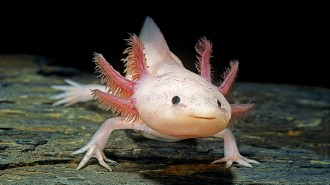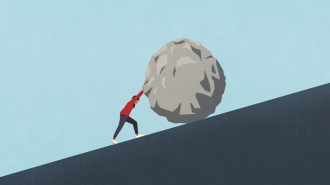Here are our favorite science books of 2017
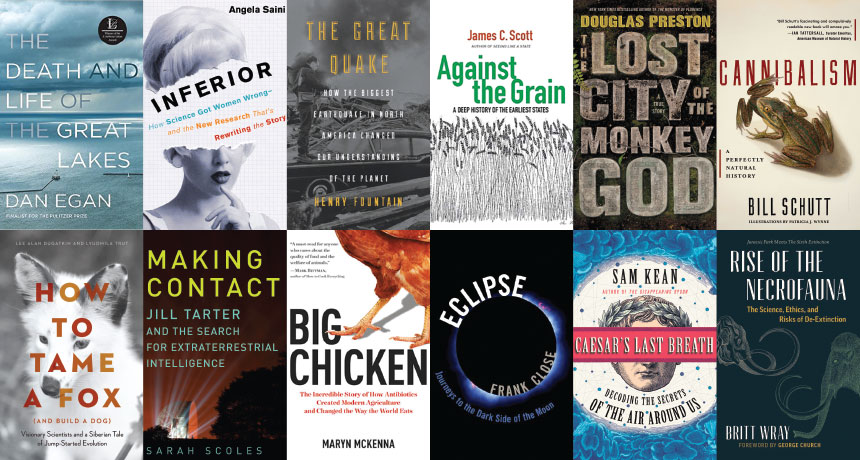
TOP-SHELF These are some of the stand-out science books of 2017, as chosen by the Science News staff.
- More than 2 years ago
Have you fallen behind on your reading this year? Or maybe you’ve plowed through your must-reads and are ready for more. Science News has got you covered. Here are the staff’s picks for some of the best science books of 2017. Find detailed reviews from previous issues in the links below or in our Editors pick: Favorite books of 2017.
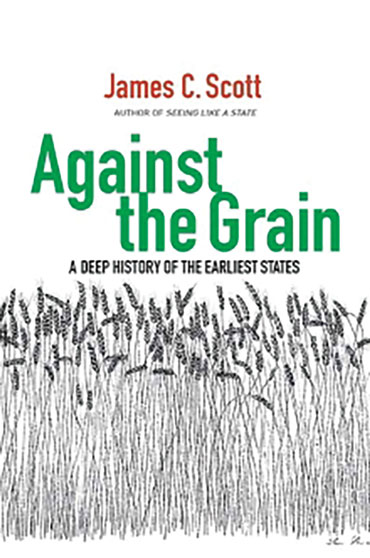 Against the Grain
Against the Grain
James C. Scott
Armed with the latest archaeological research, a political anthropologist argues that the rise of civilization came at a big cost. The initial switch from hunting and gathering to agricultural states brought poor diets, labor-intensive work, outbreaks of infectious diseases and other hardships (SN: 10/14/17, p. 28). Yale Univ., $26
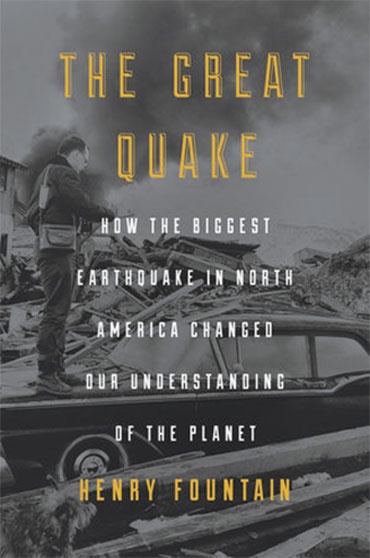 The Great Quake
The Great Quake
Henry Fountain
Historical records and interviews with survivors flesh out this tale of how a massive earthquake in Alaska in 1964 provided geologists with key evidence needed to verify the theory of plate tectonics (SN: 9/16/17, p. 32). Crown, $28
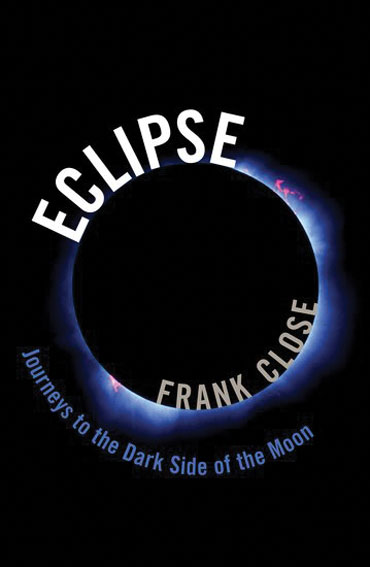 Eclipse
Eclipse
Frank Close
More than just a primer on the science of solar eclipses, this memoir chronicles a physicist’s lifetime fascination with the celestial phenomenon and introduces readers to the quirky world of eclipse chasers (SN: 5/13/17, p. 28). Oxford Univ., $21.95
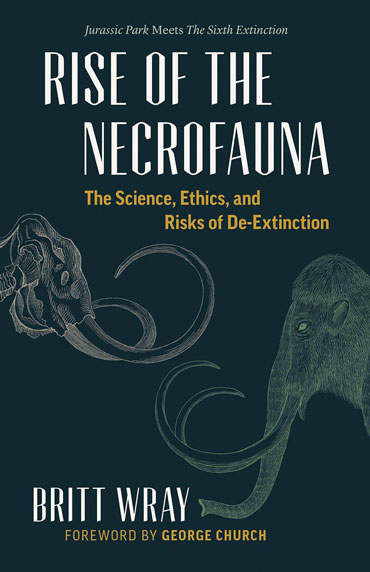 Rise of the Necrofauna
Rise of the Necrofauna
Britt Wray
Resurrecting woolly mammoths, passenger pigeons and other extinct creatures isn’t just a technological problem, as this book explains. “De-extinction” is also rife with ethical dilemmas (SN: 10/28/17, p. 28). Greystone Books, $26.95
 Big Chicken
Big Chicken
Maryn McKenna
Antibiotics transformed chicken farming, to the detriment of the birds and of human health, a journalist contends. Widespread use of the drugs fueled the industrialization of poultry production and the rise of antibiotic-resistant bacteria (SN: 9/30/17, p. 30). National Geographic, $27
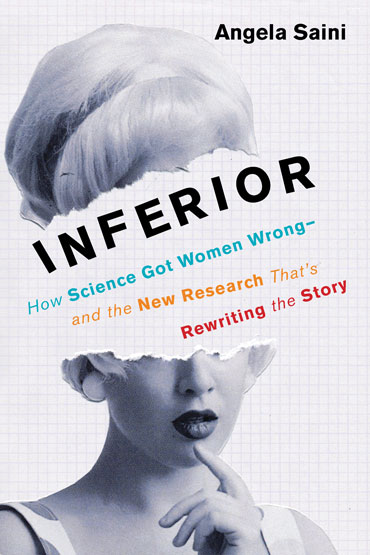 Inferior
Inferior
Angela Saini
A science writer makes a persuasive case that centuries of biased thinking and flawed scientific research have reinforced sexist stereotypes about women (SN: 9/2/17, p. 27). Beacon Press, $25.95
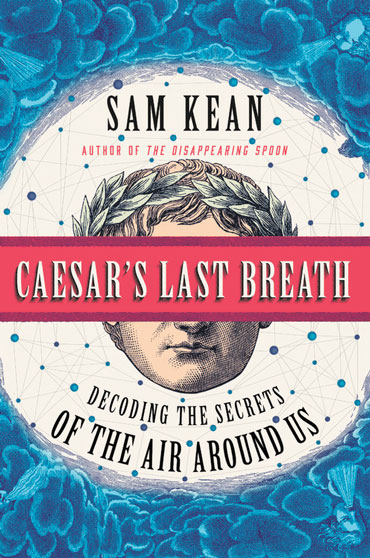 Caesar’s Last Breath
Caesar’s Last Breath
Sam Kean
Through fun historical anecdotes and lesser-known backstories of scientific greats, this entertaining book profiles the chemical elements that make up the air we breathe and traces the history of Earth’s atmosphere (SN: 7/8/17 & 7/22/17, p. 38). Little, Brown and Co., $28
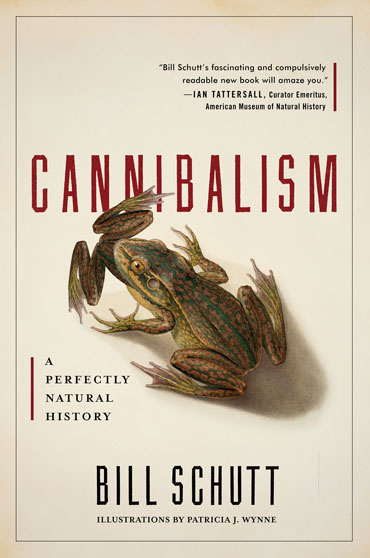 Cannibalism
Cannibalism
Bill Schutt
The grisly practice of eating your own kind turns out to be widespread in the animal kingdom, a zoologist explains in this captivating look at cannibalism (SN: 2/18/17, p. 29). Algonquin Books, $26.95
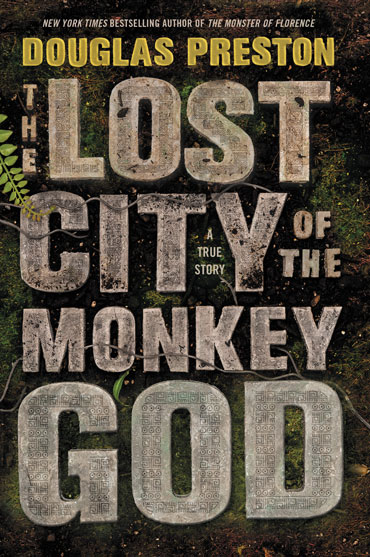 The Lost City of the Monkey God
The Lost City of the Monkey God
Douglas Preston
A journalist tags along on an archaeological expedition to search for the real-life remains of a mythological city in this rainforest adventure tale that morphs into a medical mystery (SN: 2/4/17, p. 28). Grand Central Publishing, $28
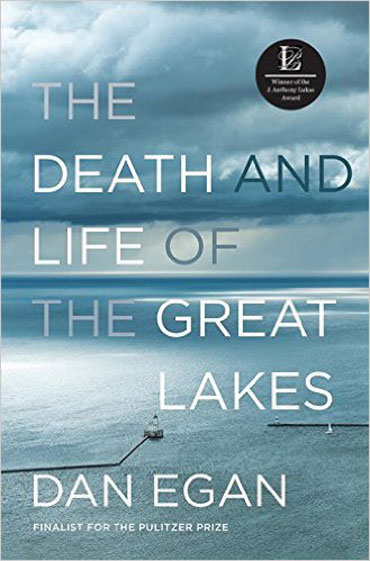 The Death and Life of the Great Lakes
The Death and Life of the Great Lakes
Dan Egan
Invasive species, urbanization and other threats have wreaked havoc on the Great Lakes, but this book still finds some glimmers of hope in the scientists who are making headway in resuscitating the ecosystem (SN: 3/18/17, p. 30). W.W. Norton & Co., $27.95
 How to Tame a Fox
How to Tame a Fox
Lee Alan Dugatkin and Lyudmila Trut
An experiment to replay animal domestication by selectively breeding wild silver foxes is lovingly retold, including by the researcher who has kept the project alive for nearly 60 years (SN: 5/13/17, p. 29). Univ. of Chicago, $26
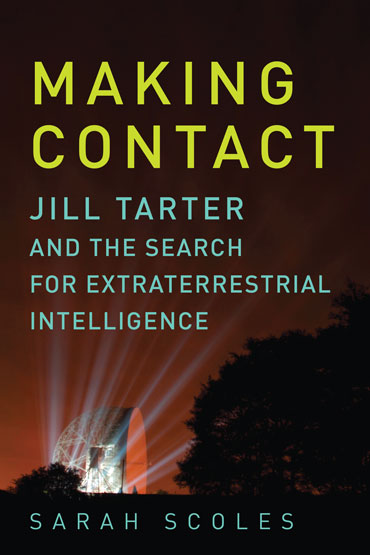 Making Contact
Making Contact
Sarah Scoles
In the face of numerous obstacles, Jill Tarter still managed to spearhead the search for extraterrestrial intelligence for decades, as this biography recounts (SN: 8/5/17, p. 26). Pegasus Books, $27.95
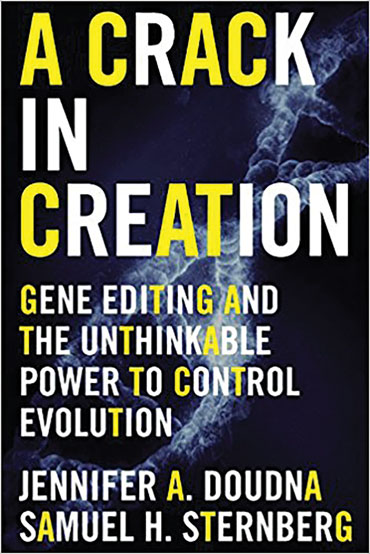 A Crack in Creation
A Crack in Creation
Jennifer A. Doudna and Samuel H. Sternberg
Two experts, including one of the pioneers of CRISPR/Cas9, discuss the science and ethics of gene editing. Houghton Mifflin Harcourt, $28
These book reviews contain links to Amazon.com. Science News is a participant in the Amazon Services LLC Associates Program. Please see our FAQ for more details.
